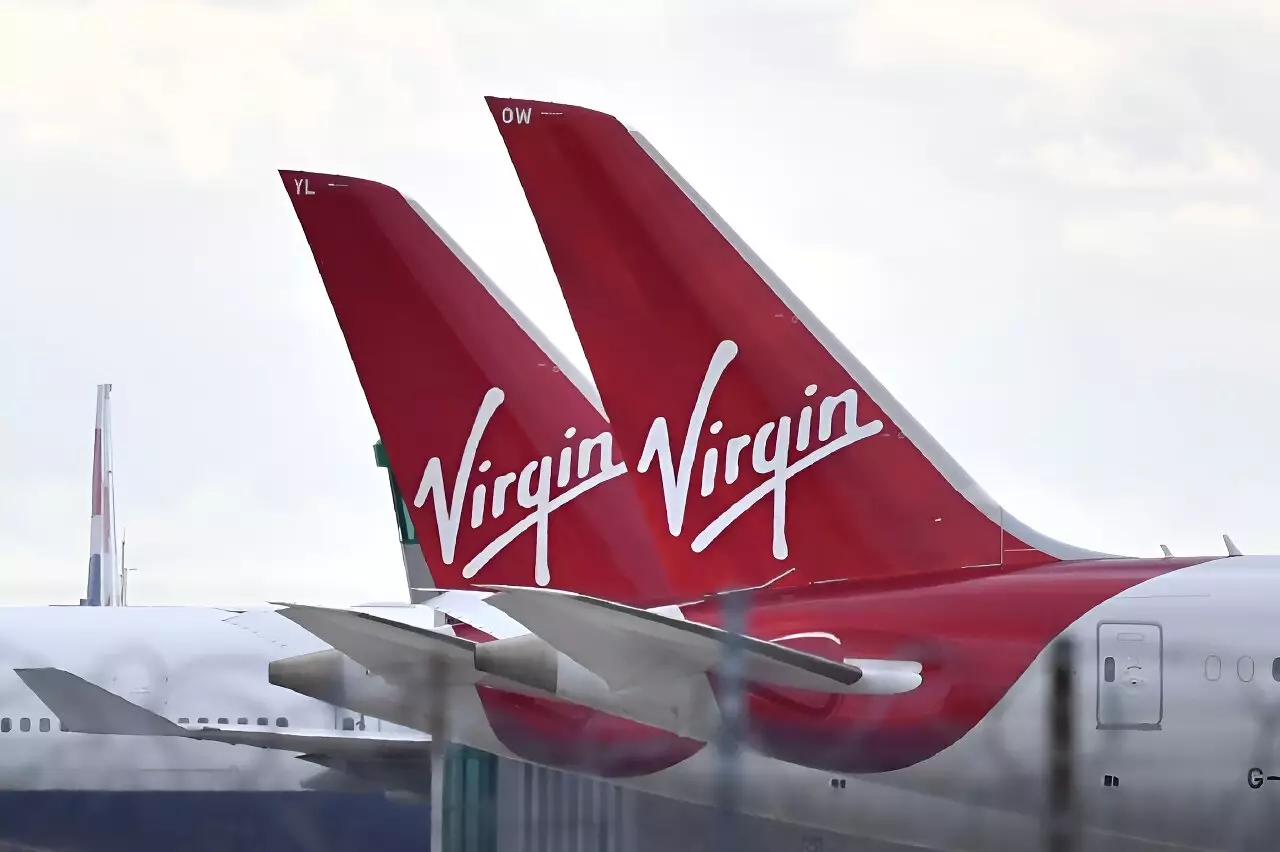Britain’s aviation regulator, the UK Civil Aviation Authority (CAA), has recently granted Virgin Atlantic a permit for an unprecedented transatlantic flight powered entirely by sustainable aviation fuels (SAF). This landmark achievement, which is scheduled for November 28th, marks a significant step towards decarbonizing the aviation industry. The request for the permit was supported by a consortium of leading companies in the sector, including Boeing, Rolls-Royce, and BP.
The aviation industry has long been recognized as a significant contributor to climate change due to its high levels of carbon dioxide and non-CO2 emissions. In response to this pressing issue, airlines are turning to SAF as a more environmentally-friendly alternative to traditional jet fuel. Although SAF produces lower carbon emissions, its current production cost is considerably higher, posing challenges for widespread adoption. Additionally, the transition to SAF is expected to be gradual and costly, potentially impacting ticket prices and passenger demand growth.
The CAA, as the UK’s aviation regulator, plays a crucial role in enabling the industry to embrace more sustainable practices. By granting Virgin Atlantic the permit, the CAA is not only demonstrating its commitment to sustainability but also encouraging the exploration of new technologies in the aviation sector. This landmark decision sets a precedent for other airlines and regulators to follow, showcasing the feasibility of using sustainable fuels in commercial flights.
The permit issued to Virgin Atlantic paves the way for the airline to seek approval from regulators in the United States, Ireland, and Canada, as the flight will traverse through their respective airspaces. The UK regulator, in collaboration with industry partners such as Rolls-Royce, meticulously analyzed various aspects of the planned flight, including ground testing with a Trent 1000 engine fueled entirely by SAF. This initiative, partly funded by the UK government, serves as a platform for testing and showcasing the viability of sustainable fuel-powered planes.
Virgin Atlantic CEO Shai Weiss emphasized that reaching this significant milestone required radical collaboration among consortium partners and government support. While the airline has committed to using 10 percent SAF by 2030, Weiss urged the government to play an active role in facilitating the growth of a sustainable aviation fuel industry in the UK. To kickstart this transition, the UK government had previously allocated up to £1 million ($1.2 million) to support Virgin Atlantic in achieving the first transatlantic flight powered entirely by SAF.
The issuance of a permit allowing Virgin Atlantic to undertake a transatlantic flight powered by sustainable aviation fuels signifies a groundbreaking achievement in the aviation industry’s pursuit of sustainability. This milestone serves as an inspiration for airlines worldwide to explore and adopt greener technologies. However, it is clear that further collaboration between governments, airlines, and industry stakeholders is necessary to make sustainable aviation fuels commercially viable and accessible to all. The future of aviation lies in finding innovative solutions to reduce carbon emissions while maintaining efficient and safe air travel.



Leave a Reply